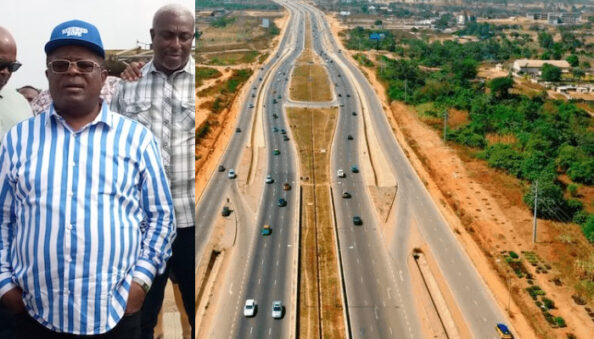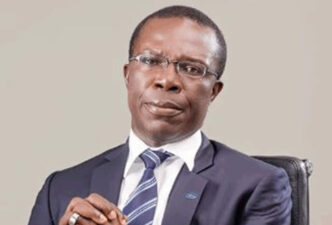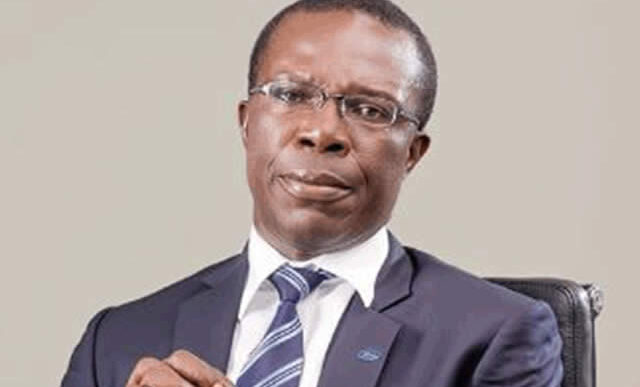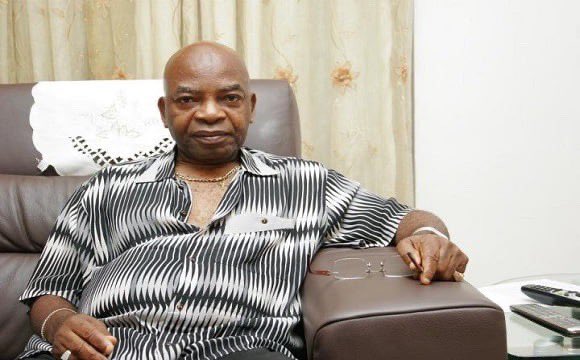The Federal Government has revealed that tolling on the first section of the Lagos-Calabar Coastal Highway will begin in December.
The announcement was made by Senator David Umahi, the Minister of Works, during an interview featured in a forthcoming State House documentary celebrating President Bola Tinubu’s second year in office.
According to Umahi, the tolling of this major road project is expected to generate a return on investment within ten years.
“By December, we will toll Section 1 of the Lagos-Calabar coastal highway.
We project a 10-year return on investment,” he said.
The Lagos-Calabar Coastal Highway has long been viewed as more than just a transportation route.
The minister emphasized that it represents a gateway to job creation, business growth, and regional development.
“It is more than a road; it is an economic corridor and a catalyst for regional growth,” Umahi added.
The road is designed with modern features such as solar-powered lights, CCTV infrastructure, and it also offers opportunities for carbon credit, which supports environmental sustainability.
Therefore, the highway is not only meant to serve cars and commuters but also supports a cleaner, smarter future.
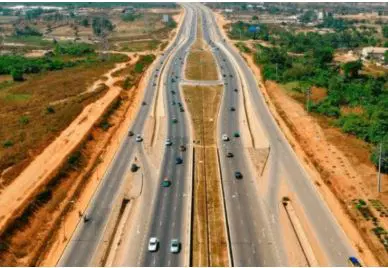
So far, 30 kilometres of Section 1 have been completed.
In addition, 10 more kilometres in Section 2 are nearly ready for use.
Both sections feature six-lane concrete-paved roads, designed for long-term durability and safety.
Meanwhile, attention has shifted to other sections of the project as well.
The minister revealed that work has already started on Sections 3 and 3B, which stretch across 65 kilometres.
These include 38 kilometres in Cross River State and 27 kilometres in Akwa Ibom State.
“Just days ago, we flagged off Sections 3 and 3B—65 kilometres in total, covering 38 kilometres in Cross River State and 27 kilometres in Akwa Ibom.
The host communities’ excitement speaks to these projects’ transformative impact,” Umahi said.
In addition to the coastal highway, the government is also revisiting another massive project: the Sokoto-Badagry Superhighway.
Umahi pointed out that this plan dates back to Nigeria’s colonial past. “The Trans-Saharan trade route dates back to colonial-era planning. President Tinubu is now bringing these long-abandoned visions to life,” he explained.
This project, just like the coastal highway, is seen as a major step forward in connecting communities and improving access to trade and travel routes across Nigeria.
Moreover, with its advanced features and regional coverage, this project is being considered a giant leap in Nigeria’s infrastructure development.

